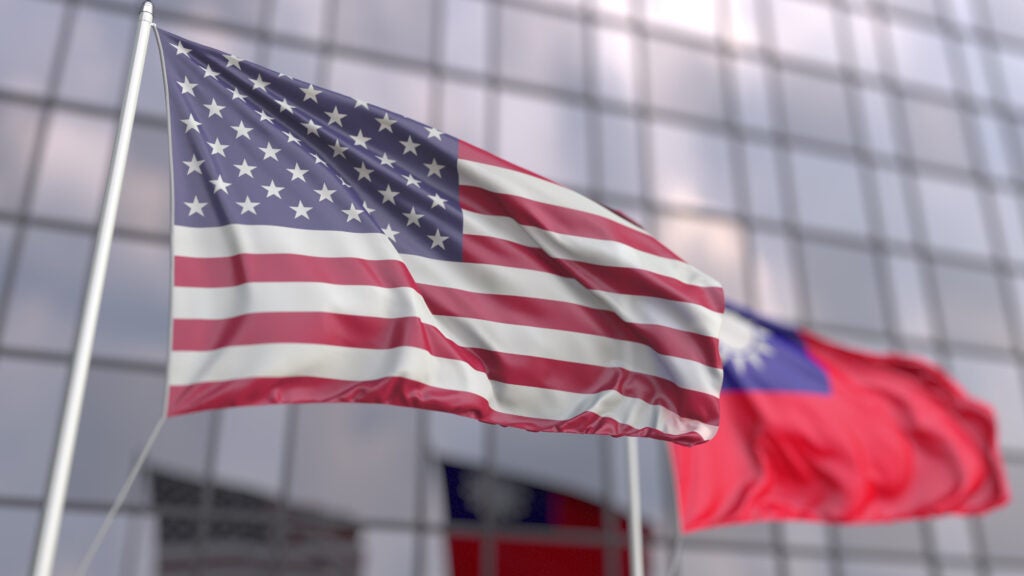Taiwan has declined a U.S. proposal to equally split semiconductor production, reaffirming that no commitment was ever made during recent trade negotiations. Vice Premier Cheng Li-chiun and Premier Cho Jung-tai emphasized that tariff talks with the United States continue, but the island remains unwilling to share chip output on a 50-50 basis.
Taiwan Rejects US Proposal For 50-50 Chip Production Deal: ‘Never Made Any Commitment’

Key Takeaways:
- Taiwan rejects a U.S. proposal for a 50-50 semiconductor production split
- Vice Premier Cheng Li-chiun denies any commitment to such a deal
- Negotiations cover tariffs and possibly include a $10 billion farm arrangement
- Premier Cho Jung-tai says substantive tariff discussions are moving forward
- President Lai Ching-te met U.S. trade official Luke J. Lindberg amid ongoing talks
Taiwan’s Rejection of a 50-50 Split
Taiwan has firmly turned down a proposal from the United States seeking an equal division of semiconductor production. According to Vice Premier Cheng Li-chiun, the island’s negotiating team “never made any commitment” on shared chip output and did not even discuss the issue during recent talks in the U.S.
Context of the Trade Negotiations
Beyond chips, Taiwan and the United States remain engaged in broader conversations aimed at easing trade barriers. Reports indicate that tariff talks, along with the potential for a $10 billion farm deal, form key components of high-level discussions. Officials on both sides continue to weigh the economic and political implications of each arrangement.
Official Statements and Leadership Perspectives
Speaking upon his return from tariff negotiations in the U.S., Vice Premier Cheng reiterated that Taiwan has no intention of splitting semiconductor production evenly. “Our negotiating team has never made any commitment to a 50-50 split on chips,” he said. Meanwhile, Premier Cho Jung-tai told Taiwan’s parliament that there has been “some certain progress” in tariff-related consultations with the U.S.
Ongoing Talks and Future Outlook
Top-level figures are also involved, including President Lai Ching-te, who recently met with U.S. trade official Luke J. Lindberg. Despite rejecting the chip-sharing proposal, Taiwan seems open to continuing broader trade talks. Officials from both sides suggest substantive discussions are far from over, with more rounds of negotiation expected to iron out details on tariffs, possible trade deals, and the delicate balance of semiconductor production.











